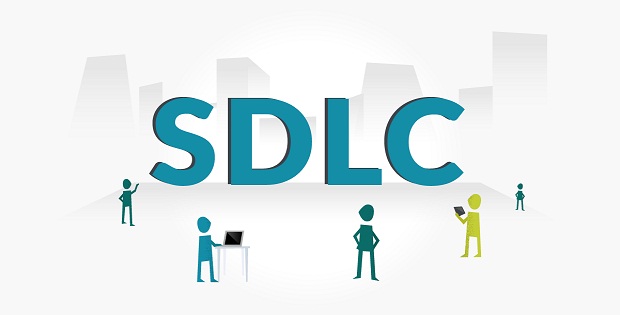The process to gather the software requirements from client, analyze, and document them is known as requirement engineering. Basically, The goal of requirement engineering is to develop and maintain sophisticated and descriptive ‘System Requirements Specification’ document.
Requirement Engineering Process
Generally, It is a four step process, which includes
- Feasibility Study
- Requirement Gathering
- Software Requirement Specification
- Software Requirement Validation
Let us see the process briefly –
Feasibility study
When the client approaches the organization for getting the desired product developed, it comes up with a rough idea about what all functions the software must perform and which all features are expected from the software.
Referencing to this information, the analysts do a detailed study about whether the desired system and its functionality are feasible to develop.
This feasibility study is focused towards goal of the organization. This study analyzes whether the software product can be practically materialized in terms of implementation, contribution of project to organization, cost constraints, and as per values and objectives of the organization. It explores technical aspects of the project and product such as usability, maintainability, productivity, and integration ability. The output of this phase should be a feasibility study report that should contain adequate comments and recommendations for management about whether or not the project should be undertaken.
Requirement Gathering
If the feasibility report is positive towards undertaking the project, next phase starts with gathering requirements from the user. Analysts and engineers communicate with the client and end-users to know their ideas on what the software should provide and which features they want the software to include.
Software Requirement Specification (SRS)
SRS is a document created by system analyst after the requirements are collected from various stakeholders.
Also, SRS defines how the intended software will interact with hardware, external interfaces, speed of operation, response time of system, portability of software across various platforms, maintainability, speed of recovery after crashing, Security, Quality, Limitations etc.
The requirements received from client are written in natural language. It is the responsibility of the system analyst to document the requirements in technical language so that they can be comprehended and used by the software development team.
SRS should come up with the following features:
- User Requirements are expressed in natural language.
- Technical requirements are expressed in structured language, which is used inside the organization.
- Design description should be written in Pseudo code.
- Format of Forms and GUI screen prints.
- Conditional and mathematical notations for DFDs etc.
Software Requirement Validation
After requirement specifications are developed, the requirements mentioned in this document are validated. However, User might ask for illegal, impractical solution or experts may interpret the requirements inaccurately. As a result, there is huge increase in cost if not nipped in the bud. Requirements can be checked against following conditions
- If they can be practically implemented
- Also, If they are valid and as per functionality and domain of software
- If there are any ambiguities
- If they are complete
- And If they can be demonstrated







